America in the World22
Sven Beckert and Jeremi Suri, Series Editors
This series brings together the work of a new generation of scholars writing the history of “global” America across time periods, methodologies, and fields of analysis. Published books are informed by attention to networks, identities, and processes that transcend the nation-state, and offer a broad geographical and conceptual range of analysis for many diverse themes in American history.
-

A historical look at the American fascination with Italian fascism during the interwar period
-
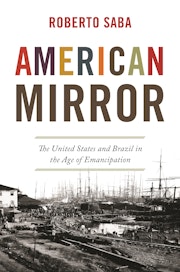
How slave emancipation transformed capitalism in the United States and Brazil
-
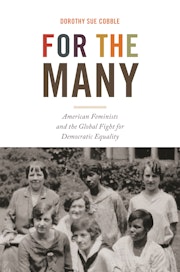
A history of the twentieth-century feminists who fought for the rights of women, workers, and the poor, both in the United States and abroad
-
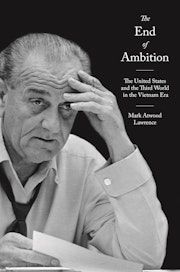
A groundbreaking new history of how the Vietnam War thwarted U.S. liberal ambitions in the developing world and at home in the 1960s
-
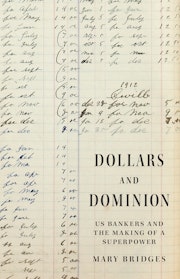
How the creation of a new banking infrastructure in the early twentieth century established the United States as a global financial power
-
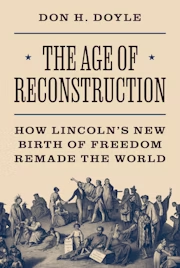
A sweeping history of how Union victory in the American Civil War inspired democratic reforms, revolutions, and emancipation movements in Europe and the Americas
-
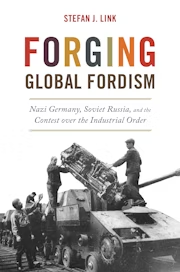
A new global history of Fordism from the Great Depression to the postwar era
-
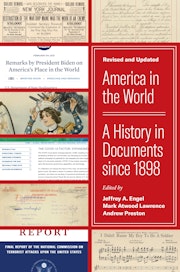
A wide-ranging anthology of primary texts in American foreign relations—now expanded to include documents from the Trump years to today
-
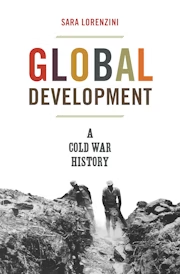
In the Cold War, "development" was a catchphrase that came to signify progress, modernity, and economic growth. Development aid was closely aligned with the security concerns of the great powers, for whom infrastructure and development...
-
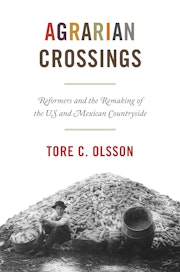
In the 1930s and 1940s, rural reformers in the United States and Mexico waged unprecedented campaigns to remake their countrysides in the name of agrarian justice and agricultural productivity. Agrarian Crossings tells the story of how...
-
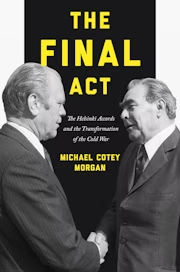
The definitive account of the historic diplomatic agreement that provided a blueprint for ending the Cold War
-
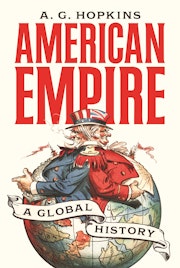
A new history of the United States that turns American exceptionalism on its head
-
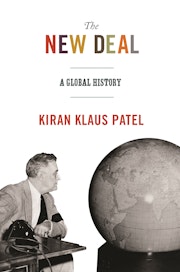
The first history of the new deal in global context
-
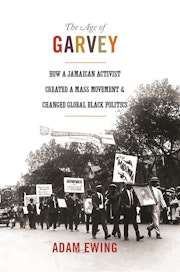
A groundbreaking exploration of Garveyism's global influence during the interwar years and beyond
-
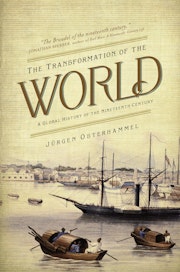
A panoramic global history of the nineteenth century
-
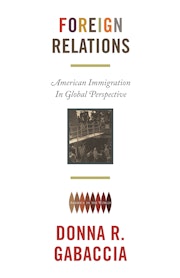
A new history exploring U.S. immigration in global context
-
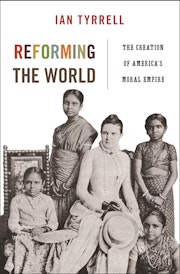
Reforming the World offers a sophisticated account of how and why, in the late nineteenth and early twentieth centuries, American missionaries and moral reformers undertook work abroad at an unprecedented rate and scale. Looking at...
-
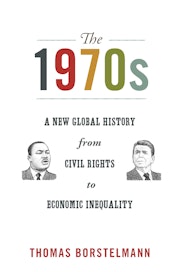
A compelling framework for understanding the importance of the 1970s for America and the world
-
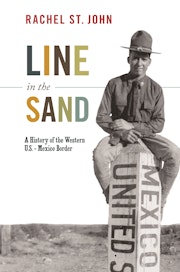
The first transnational history of the U.S.-Mexico border
-
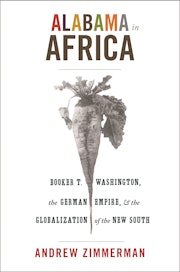
In 1901, the Tuskegee Institute, founded by Booker T. Washington, sent an expedition to the German colony of Togo in West Africa, with the purpose of transforming the region into a cotton economy similar to that of the...
-
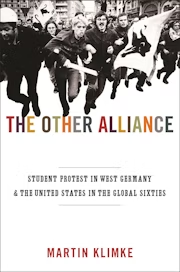
Using previously classified documents and original interviews, The Other Alliance examines the channels of cooperation between American and West German student movements throughout the 1960s and early 1970s, and the reactions these...
-
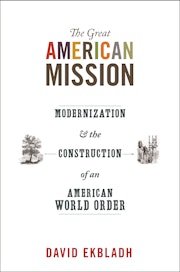
The Great American Mission traces how America's global modernization efforts during the twentieth century were a means to remake the world in its own image. David Ekbladh shows that the emerging concept of modernization combined...